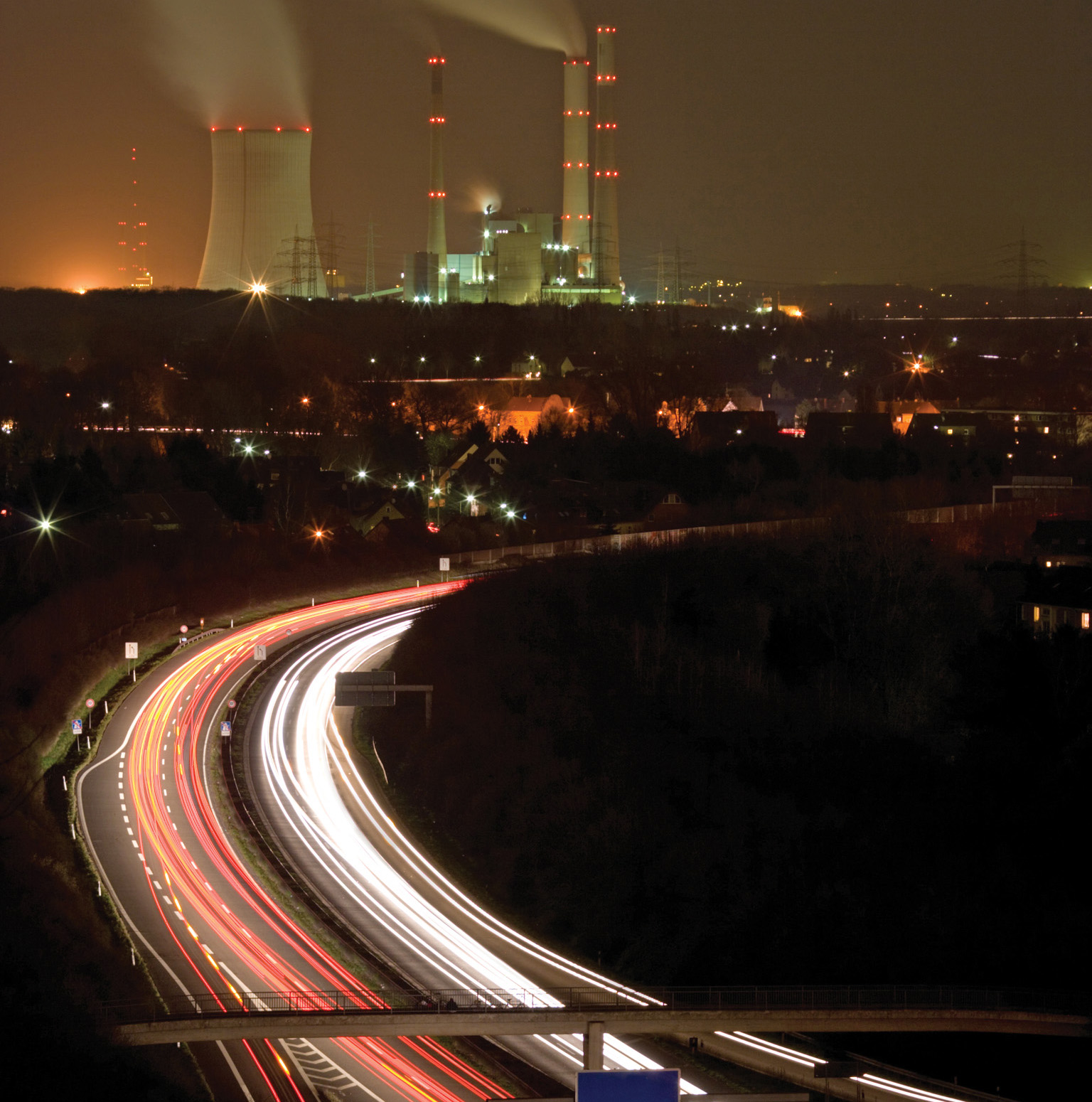CHAPTER 48 INTRODUCTION
48-1
CORE CONCEPTS
48.1 Some scientists call the time in which we are living the Anthropocene Period to reflect our significant impact on the planet.
48.2 Humans have a major impact on the carbon cycle, primarily through the burning of fossil fuels, which returns carbon dioxide to the atmosphere.
48.3 Humans have an important impact on the nitrogen and phosphorus cycles, primarily through the use of fertilizer in agriculture.
48.4 The impact of humans on the environment is changing the stage on which evolution acts.
48.5 In the 21st century, biologists, doctors, engineers, teachers, and informed citizens have vital roles to play in understanding our changing planet and making wise choices for our future.

By almost any measure, you were born into humanity’s golden age. Beginning with the invention of the steam engine, humans have learned to harness Earth’s store of chemical energy, dramatically extending the power of muscles. You probably don’t find it remarkable to drive across a continent in less than a week or fly across an ocean overnight, but your great-great-grandparents would have been astonished. At the same time, advances in antibiotics and public health have drastically reduced infectious disease in many parts of the world. Smallpox, long one of life’s deadliest realities, has been eliminated, and polio may eventually follow suit. And the Green Revolution of the last 50 years provides unprecedented xamounts of food for a hungry planet (Case 6: Agriculture).
One consequence of this success is an increasing human population: We recently crossed the 7-billion mark. Another is that our actions affect the world around us, directly or indirectly. In this chapter, we look at some of these impacts, and what we can do about them. Can we sustain or control current patterns of population growth and resource use, and if not, will we approach the end of humanity’s golden age? As discussed in the following sections, there is reason both for concern and for optimism. Together, scientific insight, technical ingenuity, and a wise citizenship provide our best hope of sustaining hard-won gains in food, energy, and health through the 21st century and beyond.